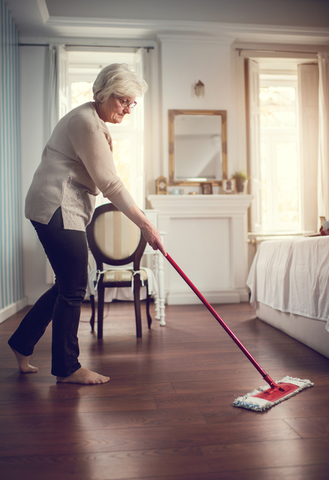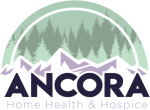
20 Sep Activities of Daily Living
When it becomes obvious that a loved one can’t get through a day without assistance, the logical next step is to begin looking into resources that can provide the added support they need. One of the first things that a home care company, adult day care center or assisted living facility will ask about is the person’s ability to perform ADLs. But what exactly are ADLs?
Every field has its jargon, and the long-term care industry is no exception. In the business of providing care, the phrase “activities of daily living” is used often, and there’s a good reason for this. Activities of daily living are basic self-care skills needed to properly care for oneself in the areas of eating, dressing, bathing, toileting, continence, and mobility. The more complex daily activities that we do such as cooking, home management, safety management and traveling within the community, are called instrumental ADLs.
ADLs are one of the most important measurements used to determine the care an individual requires and what their care plan should entail. Occupational Therapists are the professionals who typically work to improve ADLs and IADLs, but Physical Therapists and Speech-Language Pathologists also have a role to play. The ability to engage in meaningful, purposeful activity is important for a person’s quality of life, and sometimes the problems prevent a person from being able to participate in or enjoy recreational or leisure activities that had previously been pleasurable.
How we can help:
At Aegis, we work with the individual to help improve ADLs by:
- Identifying the person’s cognitive level so that appropriate activities can be determined
- Determine the person’s interests and previous activities
- Train ways to simplify and pace an activity in order to conserve energy and think through it easier.
- Educate patients on how to use adaptive equipment that can help complete an activity
Involvement in activity is a vital, and we seek to restore that capacity whenever possible. Sometimes, however, the lost function is not able to return, so our therapists focus on teaching the person compensatory strategies to be able to still perform the activity. In other cases, when function cannot return and the person cannot learn compensatory strategies, therapists will work with the family and caregivers to modify the activity and teach the best way to adapt the approach to providing assistance. Either way, the goal is to improve function to the highest level possible and keep the person engaged in activity for as long as possible.
If you feel that you or your loved one could benefit from occupational, physical or speech therapy to improve ADLs, please contact Aegis at 480-219-4790

No Comments